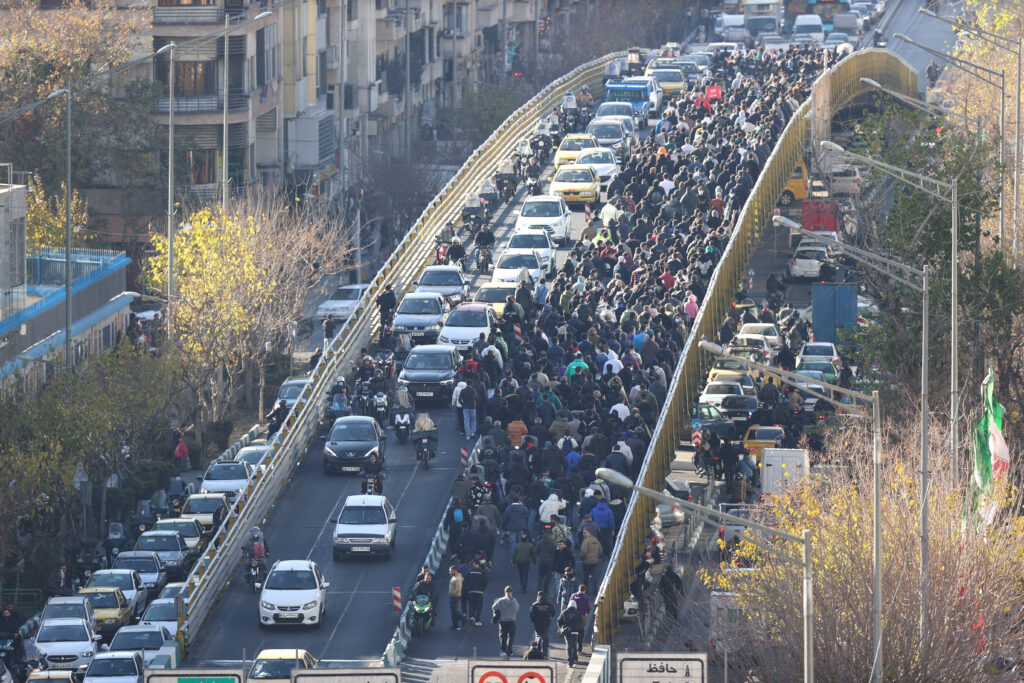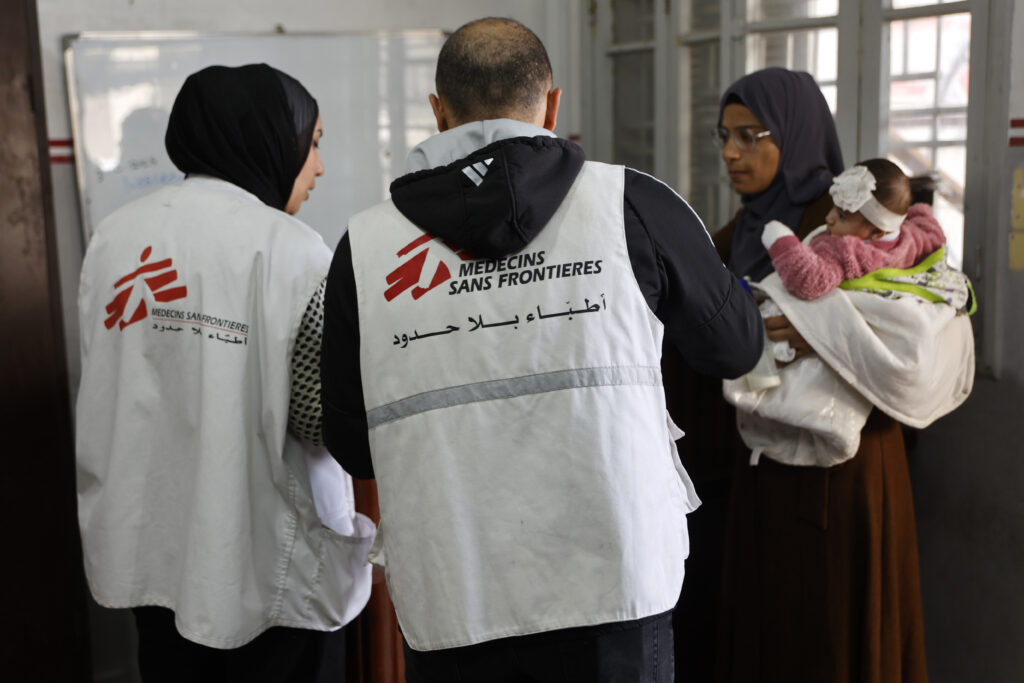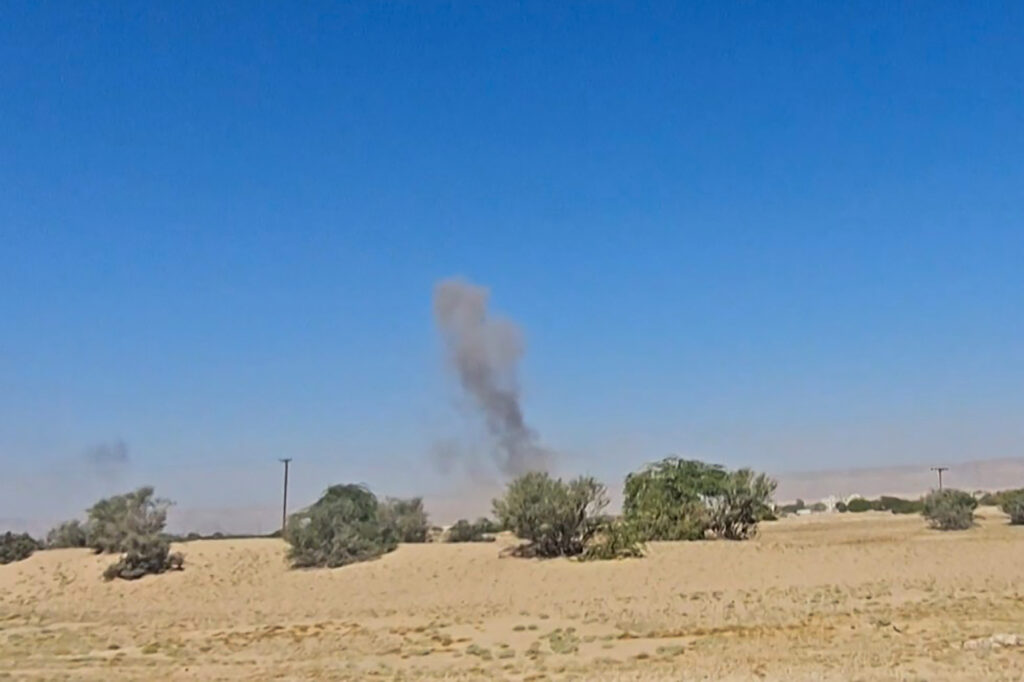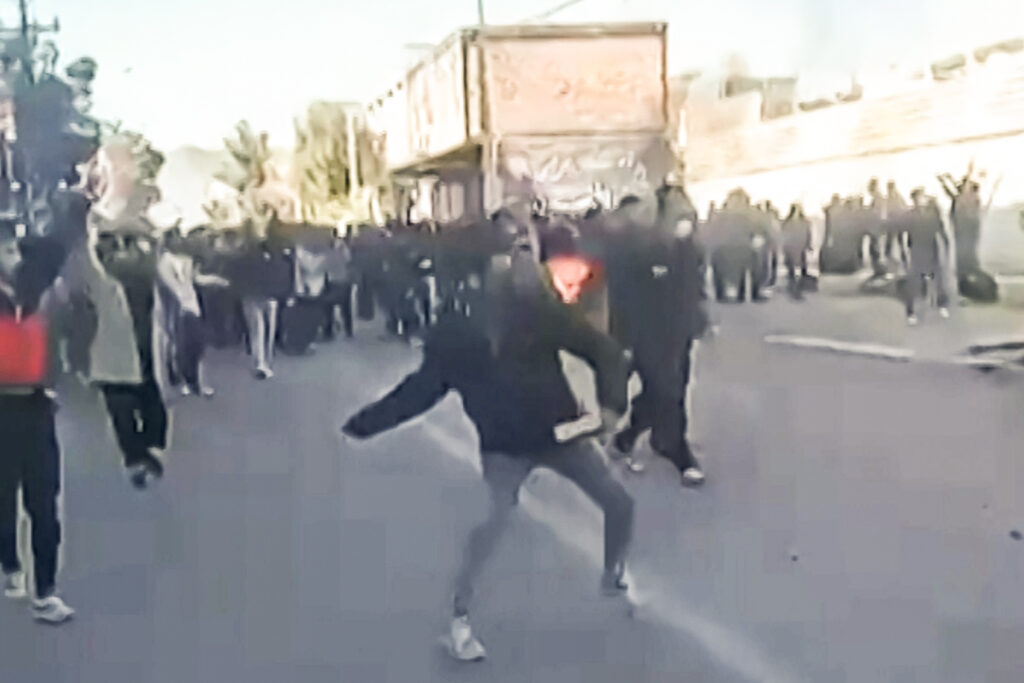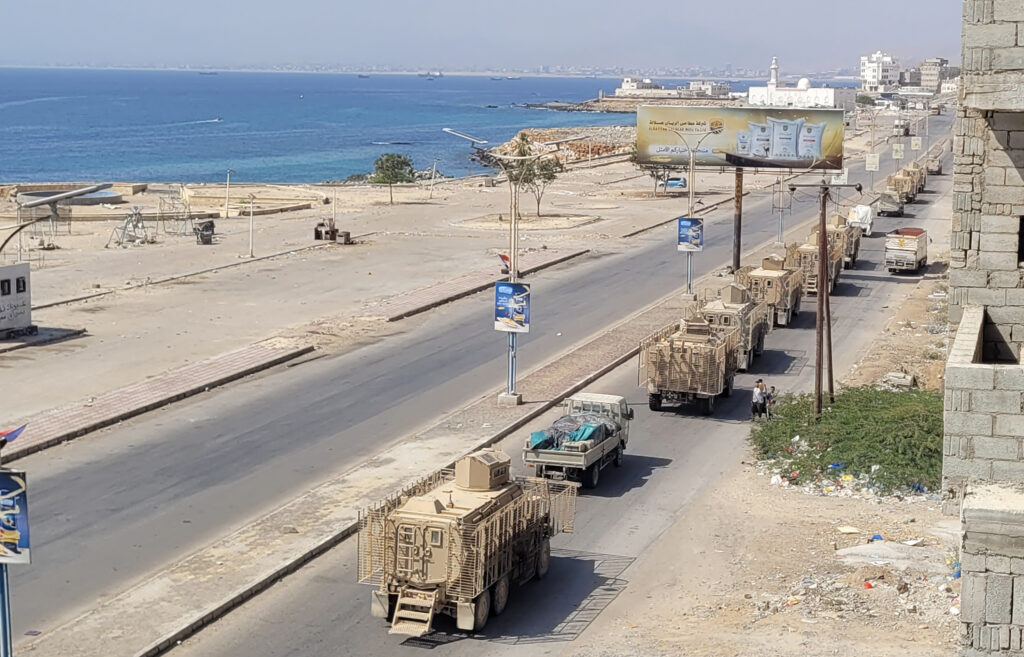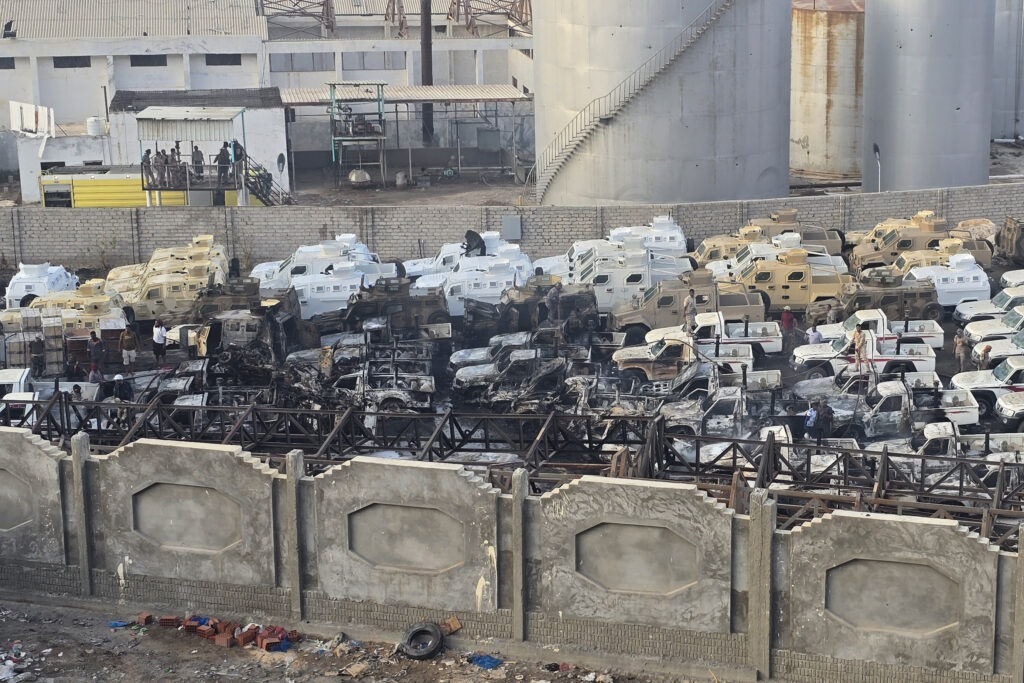Trump says US will ‘come to their rescue’ if Iran kills protesters
President Donald Trump said on Friday that the United States was “locked and loaded” to respond if Iran killed protesters, prompting Tehran to warn that intervention would destabilise the region.Protesters and security forces clashed in several Iranian cities on Thursday, with six people reported killed, the first deaths since the unrest escalated.Shopkeepers in the capital Tehran went on strike on Sunday over high prices and economic stagnation, actions that have since spread into a protest movement that has swept into other parts of the country.Trump said on his Truth Social platform that if Iran “violently kills peaceful protesters, which is their custom, the United States of America will come to their rescue”.”We are locked and loaded and ready to go,” he added.Iranian Foreign Minister Abbas Araghchi called Trump’s remarks “reckless and dangerous”, and warned that the armed forces were “on standby” in the event of any intervention.The head of Iran’s top security body, Ali Larijani, warned Trump that “US interference in this internal matter would mean destabilising the entire region and destroying America’s interests”.The American people “should be mindful of their soldiers’ safety”, Larijani added on X.Ali Shamkhani, an adviser to supreme leader Ayatollah Ali Khamenei, said any US intervention would “be exposed to a response”, calling Iran’s security a “red line”.Iranian leaders, including Larijani and President Masoud Pezeshkian, have in recent days said that peaceful protests over Iran’s dire economy were legitimate and understandable.Iran’s economy has been battered by years of crushing international sanctions over its nuclear programme, with raging inflation and a collapsing currency.Pezeshkian said on Thursday that from a religious perspective, he and his government would be damned to hell if they failed to address the people’s economic hardship.At the same time, officials have warned of a firm response to any instability.An Iranian police spokesman said on Friday that the authorities acknowledged that the protests “express the will of the people to improve their living conditions”.”The police clearly distinguish between the legitimate demands of the people and destructive actions… and will not permit any enemies to transform the unrest into chaos,” spokesman Said Montazeralmahdi added in a statement.The prosecutor of the district of Lorestan, where clashes took place on Thursday, was quoted on the judiciary’s Mizan website as saying: “Any participation in illegal gatherings and any action aimed at disturbing public order, destroying property, disobeying law enforcement, inciting illegal gatherings… will be treated with the greatest firmness”.UN human rights chief Volker Turk urged Iranian “authorities to uphold the rights to freedom of expression, association and peaceful assembly”.Venezuela, currently in the throes of an escalating crisis of its own with the United States, expressed concern over Trump’s “confrontational” rhetoric.”Venezuela affirms its firm solidarity with the Iranian people and government, calling for an end to interventionist stances that compromise regional stability,” Caracas said in a statement.- Battered economy -The protest movement comes as Iran has found itself weakened by major blows dealt to its regional allies in Gaza, Lebanon and Syria.Iran also fought a 12-day war with Israel in June that saw the United States briefly join with strikes on nuclear sites.The protests have affected at least 20 cities to varying degrees, largely in the country’s west, according to an AFP tally based on Iranian media reports.However, local media do not necessarily report on every incident, and state media downplayed coverage of protests, while the videos flooding social media are often impossible to verify.The demonstrations are smaller than the last major round of unrest in 2022, triggered by the death in custody of Mahsa Amini, who was arrested for allegedly violating Iran’s strict dress code for women.Her death sparked a nationwide wave of anger that left several hundred people dead, including dozens of members of the security forces.Iran was also gripped by nationwide protests that began in late 2019 over a rise in fuel prices, eventually leading to calls to topple the country’s clerical rulers.
